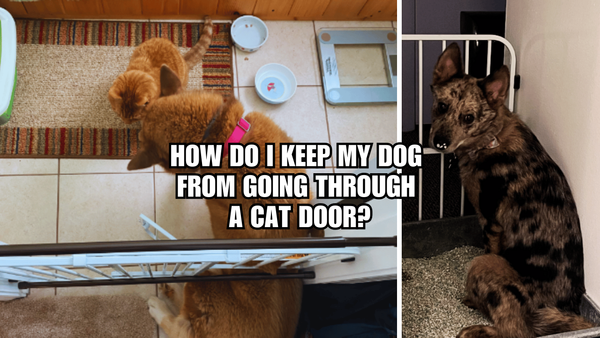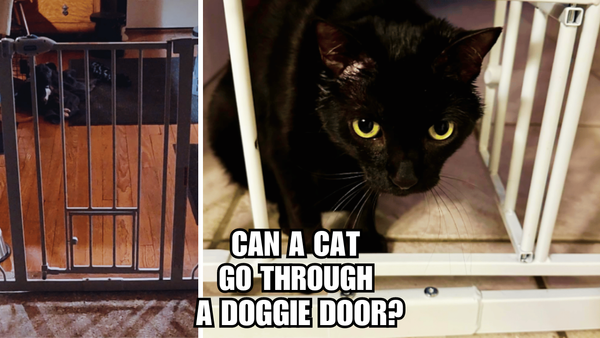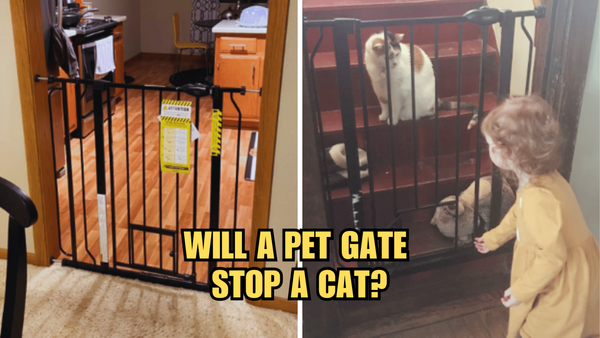As cat owners, we all have the same goal - to make sure our feline friends stay healthy and cozy! We know how much cats struggle with cold weather, and making sure they are comfortable in their home is a top priority.
But don't forget about inside cats that live strictly indoors - if temperatures drop at night or during the wintertime, do they feel uncomfortable? In this article, we're going to explore whether indoor cats get cold at night and what you can do to help them keep warm.
So pour yourself a cup of hot cocoa, grab your favorite blanket (and maybe put aside any cuddly toys for your kitty!) and let's talk about keeping indoor cats nice and snug.
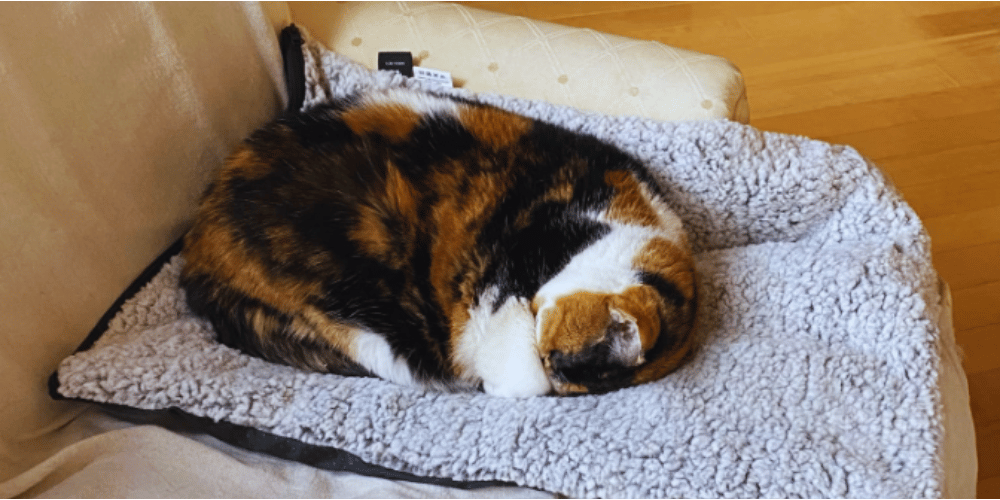
Do Indoor Cats Get Cold at Night?
As a cat owner, you may be curious about whether or not your indoor cat is feeling cold at night. You may wonder if you should be providing them with extra warmth during the winter months or if they can regulate their body temperature.
The good news is that indoor cats are generally able to adapt to a range of temperatures, but some factors can impact their comfort level. In this blog post, we will explore the topic of indoor cats and cold temperatures, and what you can do to ensure your feline friend stays comfortable.
The Natural Warmth of Indoor Space
Indoor cats have the luxury of living in a temperature-controlled environment. Your home likely stays at a consistent temperature year-round, meaning that your cat is not exposed to the harsh winter elements.
This means that your feline friend has a constant source of warmth and does not have to expend energy to stay warm, unlike their outdoor counterparts. Therefore, it is unlikely that your indoor cat is experiencing extreme coldness at night.
Consider Cat Breeds
Different cat breeds have different requirements when it comes to warmth. Some breeds, like the hairless Sphynx cat or those with shorter fur, will require more warmth compared to their long-haired counterparts.
Therefore, it is important to consider your cat breed’s natural insulation and adjust to their specific needs. For example, adding a cozy blanket or placing their bed in a warmer part of your home can be beneficial for some cats.
Provide Cozy Bedding
It is recommended to provide your indoor cat with a cozy bed and blankets to nestle in at night. This will ensure your cat is comfortable and warm, especially during colder winter months. Some cats may also enjoy snuggling up to their owners or other pets to maintain warmth.
Monitor Their Behavior
Cats, like humans, can be very individualistic in their preferences, so monitor their behavior to check whether they are comfortable or not. If your cat is excessively hiding or burrowing into blankets, they may be feeling cold.
Keep an eye out for any additional signs that your cat is cold, such as shivering or huddling. If you notice these signs, consider providing some extra warmth, such as a small heater in their room.
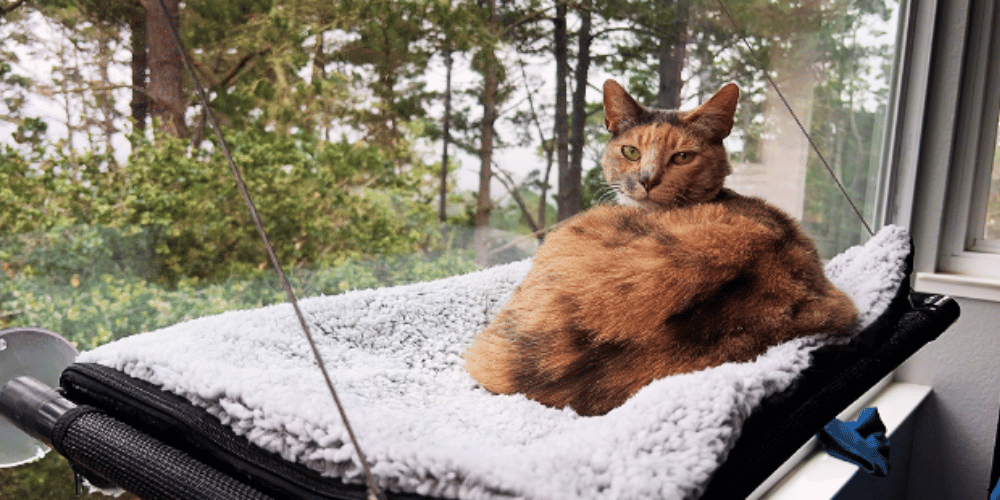
Keep Their Health in Mind
Finally, it is important to be mindful of your cat’s health. As cats age, they may have more difficulty regulating their body temperature. Similarly, if your cat is recovering from an illness or is malnourished, they may be more sensitive to the cold. In these cases, provide extra warmth and monitor their behavior to ensure they are comfortable.
Overall, indoor cats can adapt to a variety of temperatures, but it is important to be mindful of their individual preferences and needs. Consider their breed, bedding, behavior, and health to ensure they are comfortable and warm.
It is unlikely that your indoor cat is feeling excessively cold at night, but it is always better to be safe than sorry. Your furry friend will thank you for meeting their specific requirements for a comfortable environment.
FAQs Regarding Indoor Cats and Cold Nights
Are you a cat lover with questions about how to keep your beloved fur baby comfortable all year round? You’re not alone. With winter on its way, many cat owners are wondering if their indoor cats can still enjoy the same level of warmth they’d get outside without getting cold at night.
In this section, we will answer one of the main FAQs surrounding indoor cats in the colder months: Do indoor cats get cold at night? We’ll look at some considerations, identify signs that your cat may be too cool and offer comfortable solutions for keeping them warm!
Do indoor cats get cold at night?
Indoor cats are generally safe from extreme cold temperatures. However, they can still feel chilly during colder nights. It's essential to provide them with a comfortable environment to stay warm.
What is the ideal temperature for a cat?
Cats are most comfortable in temperatures between 68°F to 78°F (20°C to 25°C). Ensure that your home is kept within this range to keep your cat cozy and content.
What measures can I take to keep my indoor cat warm in cold weather?
- Provide cozy sleeping areas: Make sure your cat has access to warm and soft bedding, such as blankets or heated beds.
- Create warm spots: Place cat beds or cushions near heat sources like radiators or vents.
- Use insulated cat houses: If your cat enjoys spending time outdoors, consider providing an insulated cat house with extra bedding for warmth.
- Dress appropriately: Some cats may benefit from wearing cat sweaters or jackets designed for pets during exceptionally cold weather. However, not all cats enjoy wearing clothes, so monitor their comfort level.
What signs indicate that my cat is feeling cold?
Look out for these signs that your cat may be feeling cold:
- Shivering or trembling
- Seeking warm spots or curling up in tight spaces
- Prolonged periods of sleep
- Decreased activity or reluctance to play
- Cold ears or paws
Are there any myths about cats and cold weather?
- Myth: Cats don't need any help staying warm indoors. Reality: While indoor cats have some protection against the cold, they can still benefit from a comfortable and warm environment.
- Myth: Cats' fur alone is enough to keep them warm. Reality: While cats' fur provides insulation, it may not be sufficient in extreme cold. Additional measures can help ensure their comfort and well-being.
Remember, every cat is unique, and their tolerance for cold weather can vary. By taking the necessary precautions and providing a warm environment, you can keep your indoor cat comfortable and safe during colder nights.
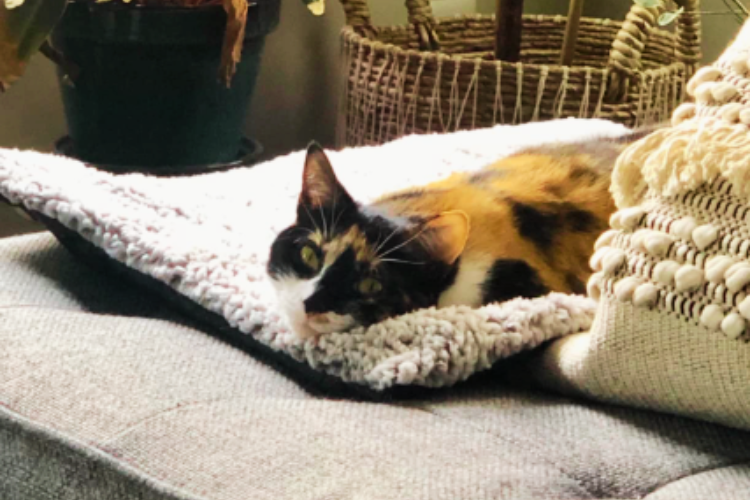
In conclusion, knowing how to keep your cat comfortable during the cold months is essential. Keeping the night temperatures above 65 degrees Fahrenheit, providing ample blankets and bedding and making sure they have a cozy and warm sleeping spot can help ensure that your indoor cats remain cuddled up and content.
Additionally, offering plenty of enrichment activities like scratching posts, puzzle feeders, birdwatchers, roller toys and passes is also recommended for keeping cats engaged during the day. Ultimately, you know what is best for your companion animal's health and well-being.
If you think that something may not be right or that maybe they are too cold at night, it is always better to check in with your veterinarian just to make sure all is safe. Just as we cover our feet on cold nights so too can we make sure our cats are kept nice and warm. Keep your cat comfortable in this winter season!
Thank you for visiting LegitLists we hope this helps you make a legitimate choice!


